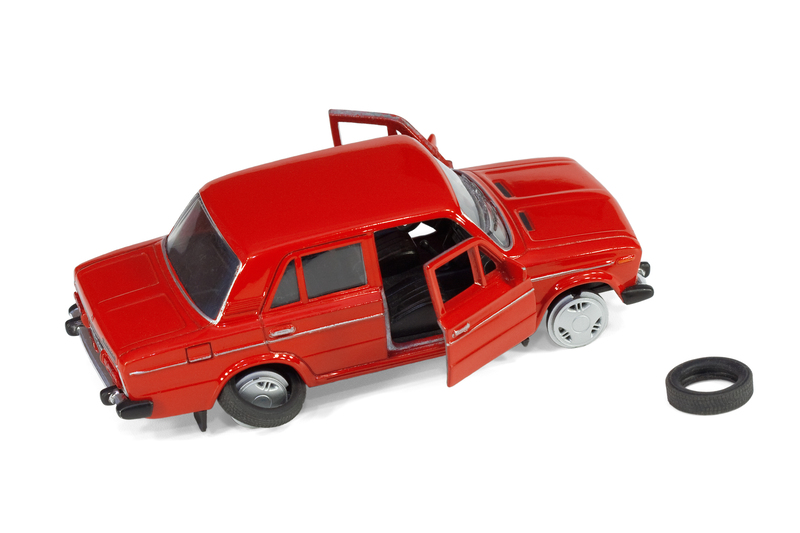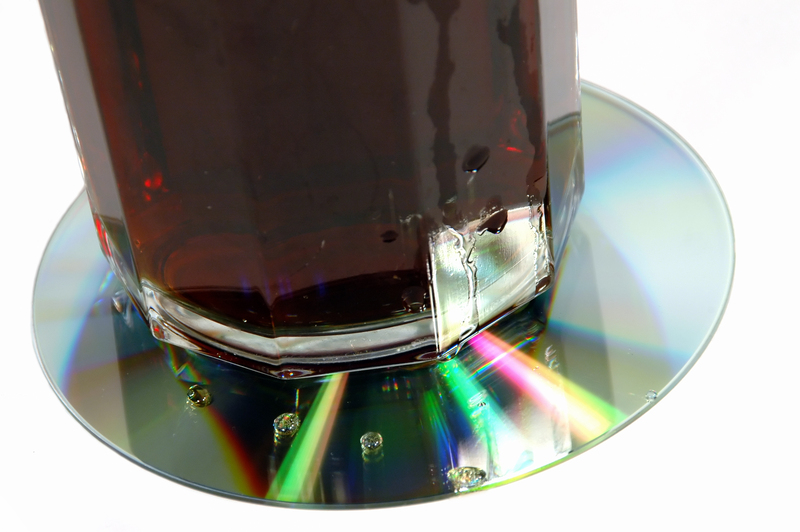Efficient Tips for Recycling
Posted on 30/04/2025
Recycling is a pivotal component of sustainable living, contributing to the reduction of waste and the conservation of resources. However, efficient recycling requires more than just tossing items into the correct bin. Understanding how to recycle optimally can significantly enhance the overall impact. Here, we'll delve into some practical and effective tips to help you recycle efficiently.
Understand Local Recycling Programs
Many individuals assume that recycling programs are uniform across areas, which isn't the case. Different regions may recycle various materials based on local facilities and market demands. Equip yourself with knowledge: visit your local municipality's website to understand what can and cannot be recycled in your area. This helps you avoid "wish-cycling"--the act of throwing non-recyclables into the recycling bin in hopes they can be recycled.

Clean and Dry Your Recyclables
Contamination is one of the biggest challenges in recycling programs. Food residues and liquids can spoil entire batches of recyclables, making them useless. Ensure all containers are rinsed out and dried before recycling them. A quick rinse can make a significant difference in the quality and usability of recyclables.
Separate Materials Properly
Some items require special handling and should not be mixed with other recyclables. For example, glass should be separated by color, and different types of plastic often need to be sorted. Mixed recyclables can lead to contamination and inefficient processing. Always follow local guidelines for sorting materials properly.
Don't Forget E-Waste
Electronic waste (e-waste) contains valuable materials that can be reclaimed and reused. However, e-waste also often contains hazardous substances that shouldn't end up in landfills. Many communities have specific drop-off points or special collection events for e-waste. Make an effort to responsibly dispose of items such as old phones, batteries, and computers.
Reduce and Reuse Before Recycling
The first steps before recycling should always be reduction and reuse. Try to minimize the use of single-use items, opt for reusable alternatives, and repurpose items whenever possible. Reducing your consumption lessens the burden on recycling facilities and makes your home more sustainable.
Educate and Share
One efficient way to improve recycling rates is to educate others. Share your knowledge about local recycling rules, best practices, and the benefits of recycling with friends, family, and neighbors. Community efforts can lead to a collective impact, making a more significant difference.
Advocate for Better Recycling Policies
Support policies that promote advanced recycling programs and greater environmental sustainability. Advocating for improvements in local recycling facilities and practices can help create a more efficient and effective recycling system that benefits everyone.
Composting: An Excellent Complement to Recycling
Organic waste, such as food scraps and yard waste, makes up a significant percentage of what we throw away. Composting these items can significantly reduce landfill waste and produce valuable nutrient-rich soil for gardens. Set up a compost pile or use a compost bin to turn your organic waste into a beneficial resource.

Innovative Thinking: Upcycle
Upcycling involves transforming waste materials into new, useful products. Creative upcycling can turn items that might otherwise be considered trash into treasures. For example, old clothing can become cleaning rags, or glass jars can be reused as storage containers. This not only reduces waste but can also save money and add a personal touch to your home.
Stay Informed and Updated
Recycling practices and regulations can change over time. Stay informed by subscribing to local waste management newsletters or regularly checking local government updates. Being current with recycling information ensures you're always practicing the most effective methods.
Pros and Cons of Efficient Recycling
Pros:
1. Environmental Conservation: Reduces waste, conserves raw materials, and lowers emissions.
2. Economic Benefits: Can save money on waste disposal and create jobs in the recycling industry.
3. Energy Savings: Recycling often uses less energy compared to producing new products from raw materials.
4. Pollution Reduction: Helps in reducing pollution by minimizing the need for raw material extraction and waste incineration.
Cons:
1. Contamination Risks: Improper recycling can lead to higher contamination rates, reducing the efficiency of recycling programs.
2. Resource Intensive: Sorting and processing recyclables require significant energy and resources.
3. Inconsistent Programs: Variability in local recycling programs can cause confusion and inefficiency.
4. Downcycling: Some recycled materials degrade in quality over time, limiting their reusability.
Tips for Efficient Recycling
1. Be Attentive to Labels: Look for recycling symbols and follow the guidelines.
2. Reduce Contaminants: Wash and dry items to avoid contaminating recyclables.
3. Bulk Contributions: Consider bulk recycling collection points for items like plastic bags and batteries.
4. Know Your Numbers: Understand the different types of plastics by their numbers and recycle accordingly.
5. Utilize Community Resources: Leverage local recycling events and facilities for hard-to-recycle items.
Takeaways
1. Efficient recycling is both a personal and community effort.
2. Contamination prevention is crucial for effective recycling.
3. Reduction and reuse are vital steps before recycling.
4. Education and advocacy can drive systemic improvements in recycling.
Conclusion
Recycling efficiently is an essential practice for promoting environmental sustainability. By following local guidelines, minimizing contamination, and advocating for better recycling policies, we can all contribute to a healthier planet. While recycling has its challenges, the benefits significantly outweigh the downsides when done correctly. Embrace these tips for a more effective recycling journey and encourage others to join in the effort for a cleaner, greener world.
Latest Posts
How to Separate Trash Efficiently
Ways to Reduce Your Environmental Impact






